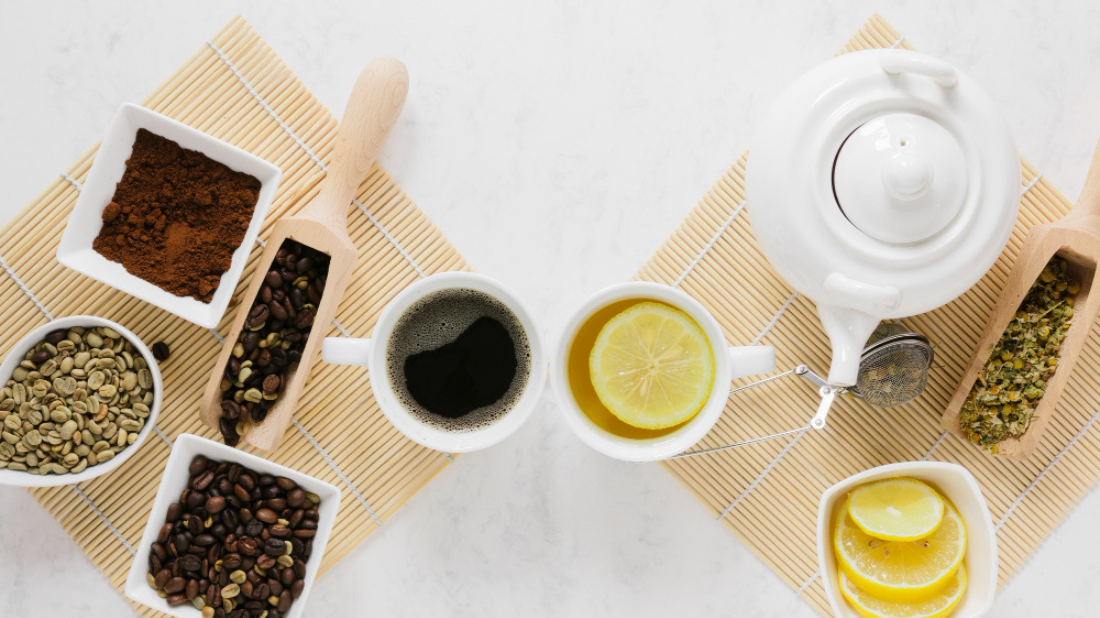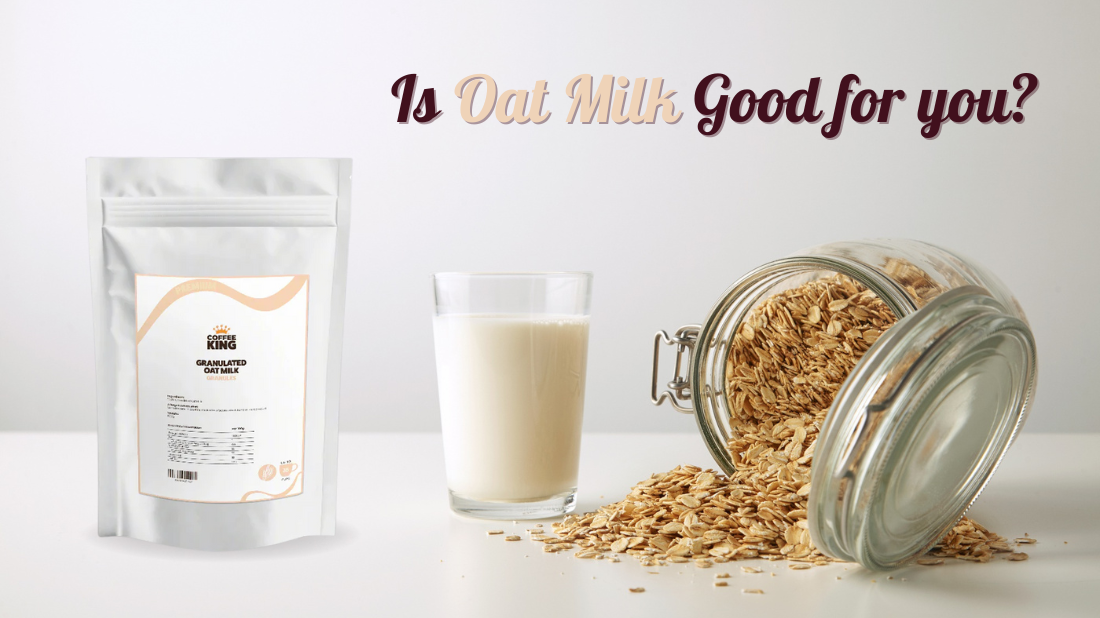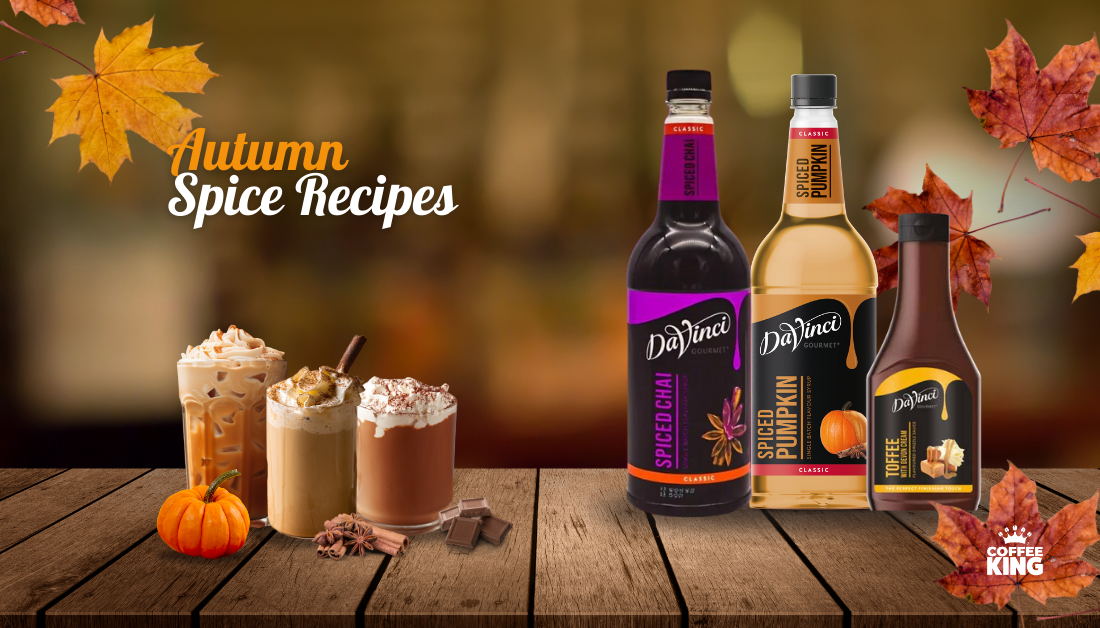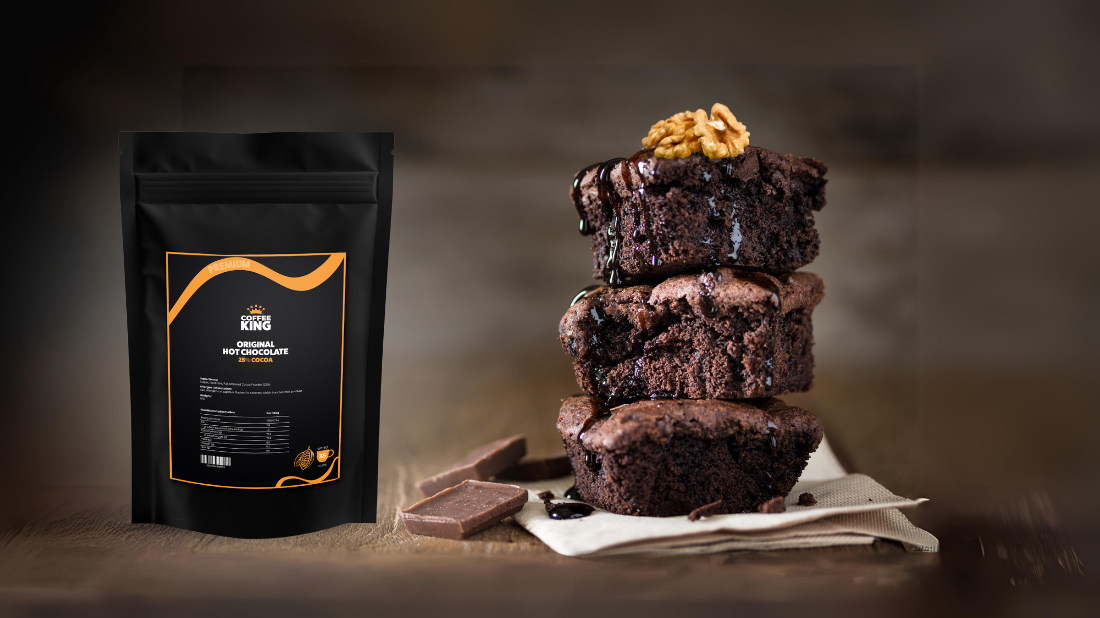In the ongoing battle of tea vs coffee, enthusiasts from both sides passionately debate which brew is better. However, recently, according to the UK coffee statistics of 2024, "Coffee is rapidly becoming the UK’s most popular drink, even overtaking tea. According to an ITV report, 63% of people in the UK drink coffee regularly, compared to just 59% of people who drink tea"
Comparing these popular beverages' health benefits, caffeine content, and flavour profiles reveals a fascinating showdown. Tea lovers and coffee enthusiasts alike enjoy sipping their preferred hot drinks, each with unique pros and cons. This comparison delves into these beloved brews' culture, productivity impacts, and overall health advantages. So, in the ultimate faceoff, which drinks truly win?
Comparing the Health Benefits of Tea and Coffee
Health Benefits of Tea
-
Rich in Antioxidants: Tea, especially green tea, is packed with antioxidants like catechins and flavonoids. These compounds help combat oxidative stress and reduce the risk of chronic diseases such as cancer, heart disease, and diabetes.
-
Boosts Digestion: Herbal teas like ginger, peppermint, and chamomile are known for their digestive benefits. They can alleviate symptoms of indigestion, bloating, and nausea.
-
Promotes Relaxation: The presence of L-theanine in tea promotes relaxation and mindfulness without causing drowsiness. This makes tea a calming companion in a hectic world.
-
Supports Heart Health: Tea has anti-inflammatory and antioxidant properties that can help regulate blood pressure and reduce the risk of heart disease.
-
Aids in Weight Management: Certain compounds in tea, like catechins, along with their caffeine content, can boost metabolism and aid in weight management.
-
Enhances Mental Alertness: The caffeine in tea, though less than in coffee, can boost alertness and improve focus and concentration.
-
Reduces Stress: Many people find solace in a warm cup of tea during stressful times. The act of brewing and sipping tea can have a calming effect that promotes relaxation and reduces anxiety.
Health Benefits of Coffee
-
Boosts Energy Levels: Coffee contains caffeine, a central nervous system stimulant that fights fatigue and increases energy levels by blocking adenosine receptors in the brain.
-
Lowers Risk of Type 2 Diabetes: Regular coffee consumption is associated with a decreased risk of developing type 2 diabetes. This is due to coffee's ability to preserve the function of beta cells in the pancreas and its rich antioxidant content.
-
Supports Brain Health: Coffee may help protect against neurodegenerative disorders like Alzheimer's and Parkinson's disease. Caffeine consumption has been linked to a lower risk of developing these conditions.
-
Promotes Weight Management: Coffee can support weight management by boosting metabolism and increasing fat burning.
-
Reduces Risk of Depression: Some studies suggest that coffee drinkers have a lower risk of depression and may experience improved mood.
-
Protects Against Liver Conditions: Both regular and decaf coffee have been shown to have protective effects on the liver, reducing the risk of conditions like liver cirrhosis and liver cancer.
-
Supports Heart Health: Moderate coffee consumption is linked to a lower risk of heart failure and other cardiovascular diseases.
-
Increases Longevity: Studies have found that coffee drinkers are less likely to die from some of the leading causes of death, including coronary heart disease, stroke, and diabetes.
Both tea and coffee offer a range of health benefits, making them excellent choices for those looking to improve their overall well-being. The choice between the two ultimately depends on personal preference and specific health goals.

The Cultural Debate: Tea Lovers vs Coffee Enthusiasts
In the cultural debate of tea lovers vs coffee enthusiasts, the battle over which beverage is better has been ongoing for centuries. Comparing the health benefits, flavour profiles, and caffeine content of these popular hot drinks reveals a fascinating showdown. Tea is often praised for its calming rituals and antioxidant-rich brews, while coffee is celebrated for its energising effects and robust taste. This faceoff highlights the pros and cons of each drink, with enthusiasts passionately defending their preferred brews.
The culture surrounding tea and coffee varies widely. Tea lovers enjoy the meditative act of sipping tea, often participating in elaborate ceremonies like the Japanese tea ceremony, which emphasizes aesthetics, grace, and etiquette.
In contrast, coffee drinkers relish the productivity boost from their morning cup, with traditions such as the Italian espresso culture, where people gather at espresso bars for a quick, intense shot of coffee
In the Middle East, Turkish coffee is a symbol of hospitality and friendship, brewed in a special pot called a cezve and served with sweet treats.
Meanwhile, British afternoon tea is a leisurely affair, featuring a selection of teas, finger sandwiches, scones, and pastries.
These diverse traditions reflect the unique histories and social customs of different regions, making the comparison of coffee vs. tea a rich and complex topic. Ultimately, the choice between tea and coffee comes down to personal preference and the specific benefits each drink offers. So, in this ultimate specific benefit of each showdown, which drink truly wins?
Caffeine Faceoff: Productivity and Energy Boosts
In the ongoing debate among beverage enthusiasts, the showdown between coffee and tea continues to brew strong. Both hot drinks have their loyal followers, each claiming their preferred sip offers better benefits. Coffee lovers argue that the higher caffeine content in their favourite brew provides a more significant energy boost, enhancing productivity and focus. Additionally, coffee is known for its numerous health benefits, including a lower risk of type 2 diabetes, Alzheimer's disease, and Parkinson's disease. It also supports heart health, aids in weight management, and provides a rich source of antioxidants.
On the other hand, tea lovers highlight the health benefits of their chosen beverage, such as antioxidants and a more balanced caffeine release, which can lead to sustained energy without the jitters. Tea is associated with a lower risk of heart disease, stroke, and certain cancers. It also boosts the immune system, improves digestion, and promotes relaxation and better sleep quality.
Comparing the pros and cons of these popular beverages reveals that the choice often comes down to personal preference and cultural influences. Whether you enjoy the bold flavour of coffee or the soothing experience of tea, both brews have their place in the battle for the title of the best productivity and energy-boosting drink.
Flavour and Variety: Which Brew Offers More?
In the caffeine faceoff between coffee and tea, the battle of brews extends beyond productivity and energy boosts to the realm of flavour and variety. Coffee enthusiasts revel in the rich, bold flavours that range from dark, robust roasts to lighter, more nuanced brews. That you could try with our original rich and smooth ground coffee! The variety of coffee beans, brewing methods, and added ingredients like syrups and spices offer endless possibilities for customisation. Coffee's complex flavour profile can be enhanced with milk, cream, or plant-based alternatives, making it a versatile choice for many.
Tea lovers, on the other hand, celebrate the vast array of flavours and types available, from the delicate notes of white tea to the earthy richness of black tea, and the fragrant, soothing qualities of herbal and green teas. Each type of tea brings its own unique health benefits, such as antioxidants, improved digestion, and relaxation. Why not try our range of tea infusions? The cultural significance of tea ceremonies and the ritualistic aspect of brewing and sipping tea add to its appeal.
Whether you prefer the invigorating taste of coffee or the calming experience of tea, both beverages offer a diverse range of flavours and health benefits, making the choice a matter of personal preference and cultural tradition.








